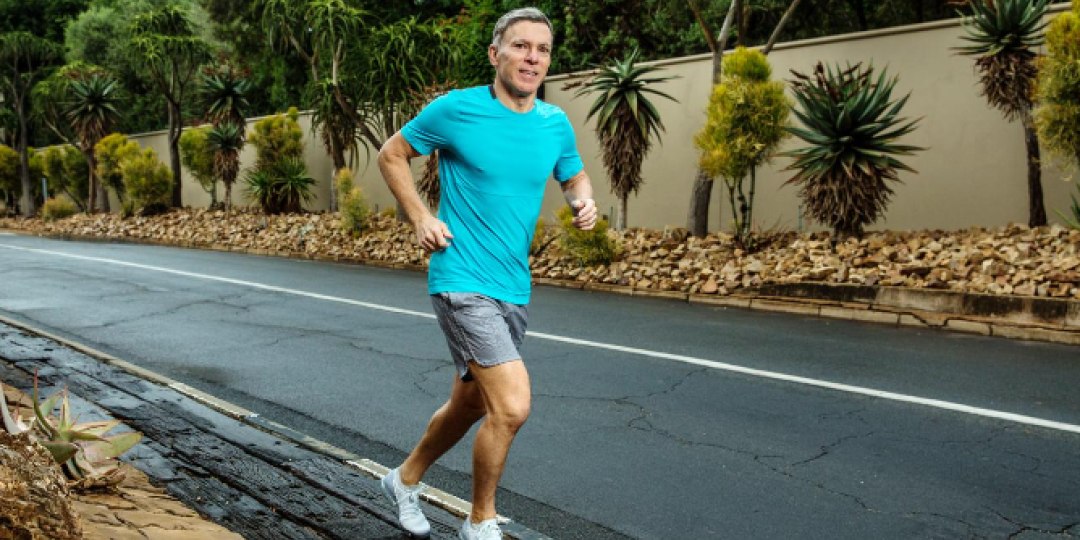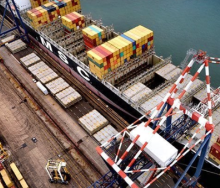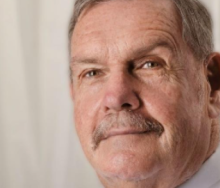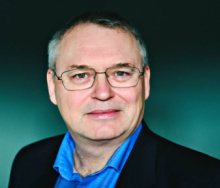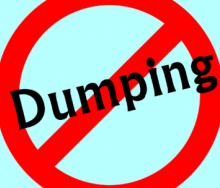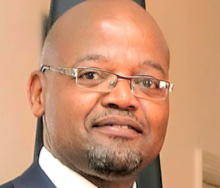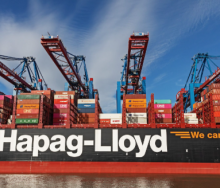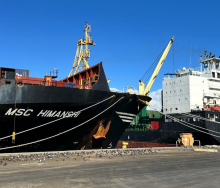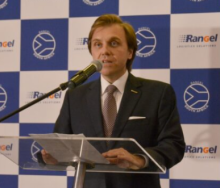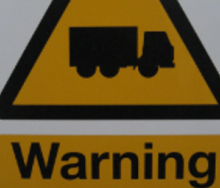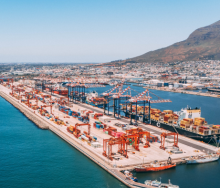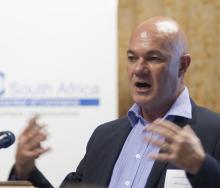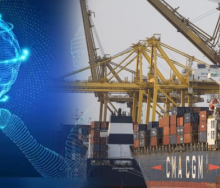Some of South Africa’s top chief executive officers have met with President Cyril Ramaphosa and agreed to help struggling key services operated by the country’s logistics utility, Transnet.
These include rail corridors run Transnet Freight Rail (TFR) rail corridors and port operations managed by Transnet National Port Authority (NPA).
Electrical grid shortfalls and resulting bouts of load shedding, which has become a daily occurrence in South Africa, will also be red-flagged for assistance.
Speaking on behalf of the private sector contingent that met with Ramaphosa and some of his Cabinet on Tuesday, Discovery CEO Adrian Gore said it has become critical that something is done to address the current situation threatening South Africa’s economy.
Speaking on 702 this morning, Gore said: "I remain of the view that the country is positive, but we have to get our hands dirty and deal with the issues that are hobbling the country."
The rapid reaction to the Covid-19 pandemic in 2020 proved that the government and private sector can rise together to meet the new challenge that the country faces, he said.
This week's meeting had identified transport, energy, and corruption as areas of concern, and he believes a way forward has been identified. The need is to move ahead quickly. The private sector can offer skills and financial resources to meet objectives.
He said he is not claiming they can do it, but the time has come to end discussions and work together to try. Report-backs needed to be made to ensure that objectives were achieved.
He added that load shedding must be ended by 2024. In the short term, it is to try to reduce load-shedding stages.
There are work teams established to help tackle the parlous situation on some key rail corridors, such as that between Johannesburg and Durban.
"It is remarkable that through all this, the economy has not broken, which indicates its robustness. We have to satisfy our trading partners about our determination to overcome our problems," Gore said.
